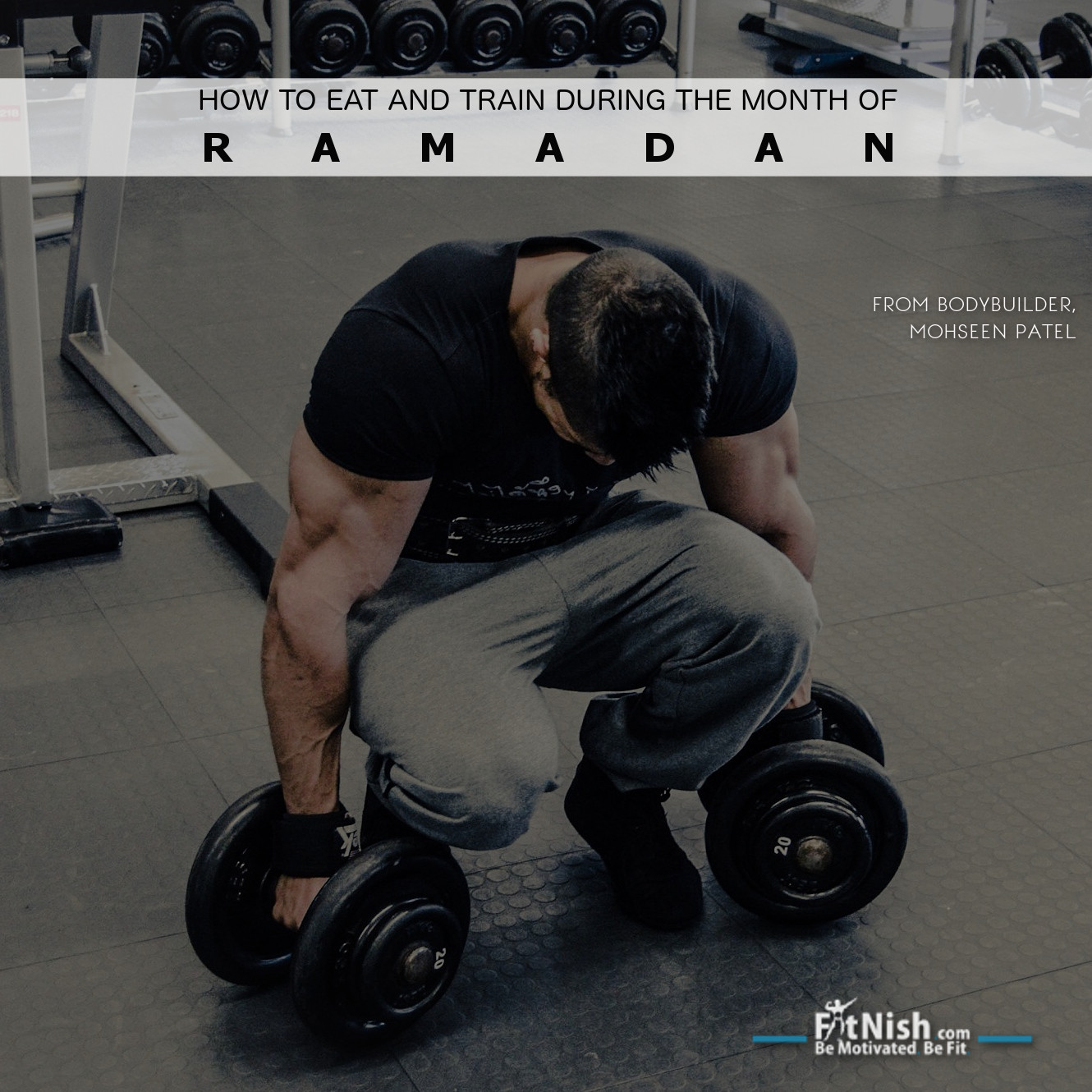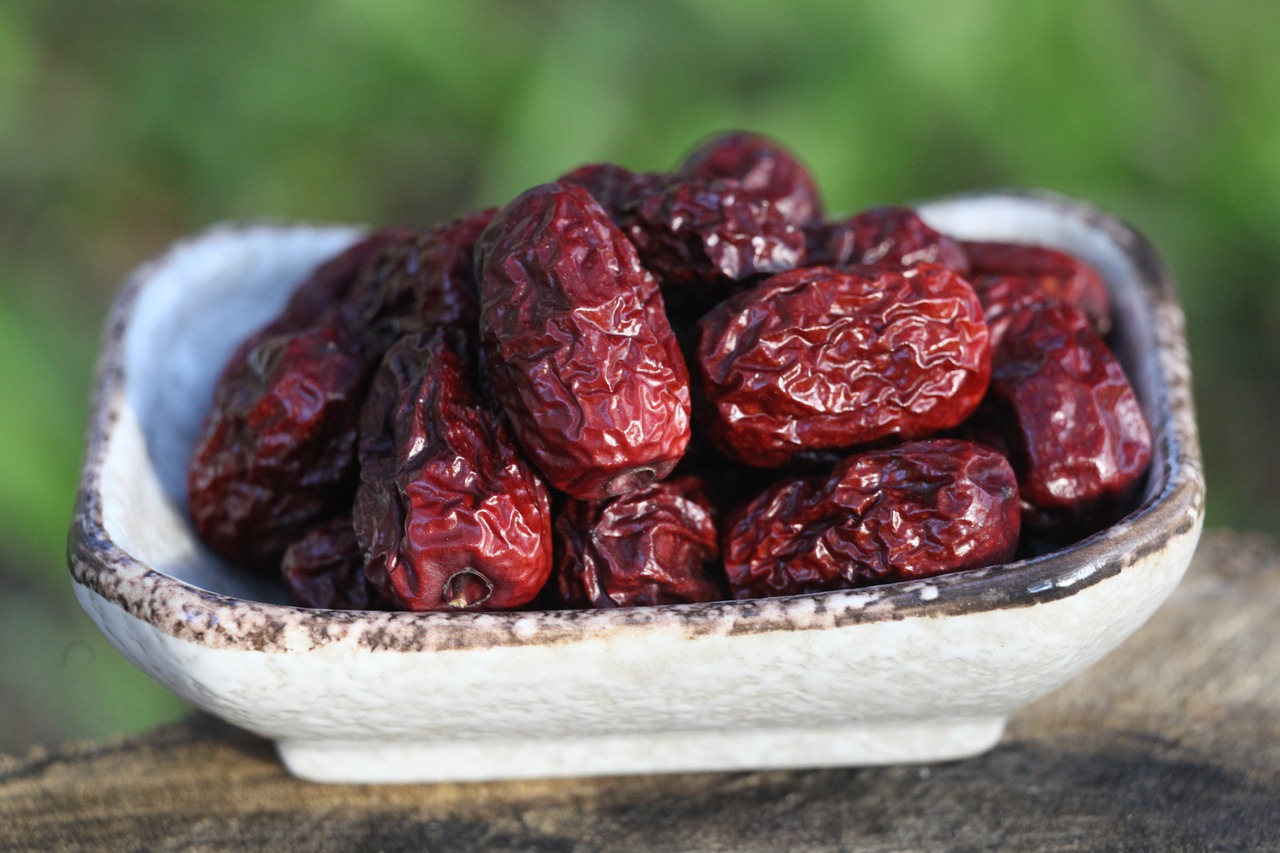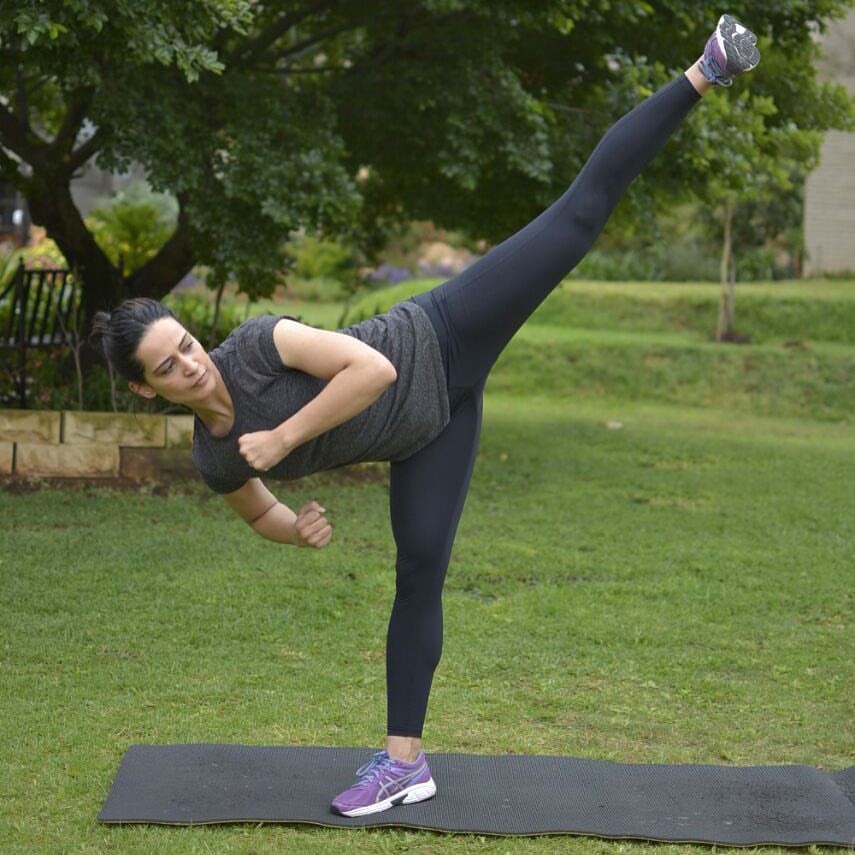For those who don’t know what Ramadan is, its a time for spiritual reflection and it is the most sacred month for Muslims.
With the holy month of Ramadan upon us, I would like to provide a strategy optimised for maximum muscle retention and prevention of weight gain with minimum intrusion to the spiritual aspect of Ramadan.
If you’re in the same situation and faced with the question of how to eat and train in Ramadan, this article is definitely for you. If not, you can still learn from it by taking the principles of adapting your diet and training to atypical circumstances.
Fasting in the month of Ramadan teaches us to manage and practice spirituality and NOT to eat excessively. The essential part of the spirituality in food is that we are grateful and thankful for the food we have. People waste food and complain about how they can’t eat 5 meals a day during Ramadan. In some countries people eat one piece of bread once every two to three days and we complain about how we can’t eat 5 meals a day, how we don’t have energy etc.
Treat your body as it was handed to you as a gift by Allah, Amaanah (in trust). Whatever you do to it, it is your responsibility to take care of it from the moment you are mature enough. If you intend on training during the month of Ramadan, here are the do’s and dont’s related to training and eating during the month of Ramadan.
DO’s:
- Drop the training intensity to half. Train just to fill your muscles with enough blood.
- Train right after Sehri/Suhoor OR right after the meal you have after the Taraweeh Prayer if you can!
- Your workout should last no more than 45 minutes.
- Be sure to drink at least a litre and a half of water between Iftaar and the time you go to sleep.
- Break your fast with just a date and some Milk/ZamZam, eat a small protein meal like chicken and Salad and little fruit, perform Taraweeh then consume a nice good meal of carbohydrates and protein, steamed rice and grilled chicken and salad is the best example you can have.
DON’T’s:
- NEVER train too intensely.
- NEVER eat a big fully loaded carbohydrate meal when you break the fast as you will be falling asleep at the Taraweeh Salaah.
- Do not drink liquids that are high in caffeine as it can dehydrate you. Coke, diet cokes, coffee as well as soda’s are a NO NO.
FOODS TO AVOID:
Foods to avoid are the heavily-processed, foods that contain refined carbohydrates in the form of sugar, white flour, etc., as well as fatty foods (eg cakes, biscuits, chocolates and sweets meats). It may also be worth avoiding the caffeine content in drinks such as tea, coffee and coca-cola. (Caffeine is a diuretic and stimulates faster water loss through urination which can dehydrate you).
- Deep fried foods
- High-sugar/high-fat foods
- High-fat cooked foods
HEALTHY ALTERNATIVES:
- Whole grains, chickpeas or potato in yogurt with different Indian spices.
- Indian spices, samosas baked instead of fried, and dumplings.
- Fat free milk-based foods
- Alternate with chapattis/naan/roti made without oil, and baked or grilled meat and chicken.
- Cut down on the bread and eat light after you break your fast.
COOKING METHODS TO AVOID:
- Deep frying
- Frying
- Curries with excessive oil
ALTERNATIVE COOKING METHODS:
- Shallow frying – usually there is very little difference in taste.
- Grilling or baking is healthier and helps retain the taste and original flavour of the food, especially chicken and fish.
- Start with measuring the oil used in curry and try to bring the oil content down gradually, e.g. reducing five tablespoons to four. This is a good way of reducing oil without noticing much difference in the taste. A useful tip is to use more onions and tomatoes in the bulk of the curry.
The blessed Prophet Peace be Upon him said: “The children of Adam fill no vessel worse than their stomach. Sufficient for him is a few morsels to keep his back straight.”
NB: Oats at suhoor/sehri time is the best kind of carbohydrate to eat especially if you mix it with Bananas and dates. The whole combo gives you a long last flow of energy for the first 6 hours of fasting.
The blessed Prophet (PBUH) said: “Allah has a right over you; your body has a right over you”. To strike a balance between the needs of the physical body and your spiritual needs, you must consume the right type and amount of food.
The blessed Prophet Muhammad (PBUH) said: “I have only been sent for the perfection of character”. Fasting in the month of Ramadan is an opportunity to make significant changes in your lifestyle and develop the resolve to make healthy living choices.
Islam sees health and ‘well-being’ as much more than just bodily health. Well-being or tranquillity requires a strong relationship with one’s spirituality, good physical health, mental happiness, a sense of purpose and good character and relationships. Islam makes a strong connection between food and worship and teaches that all forms of worship have a deeper purpose and impact and contribute in some way to individual and social well-being.
Ramadan is the month of Ibaadah(Worship) – make the most out of it as Allah’s doors of forgiveness and mercy are wide open.















